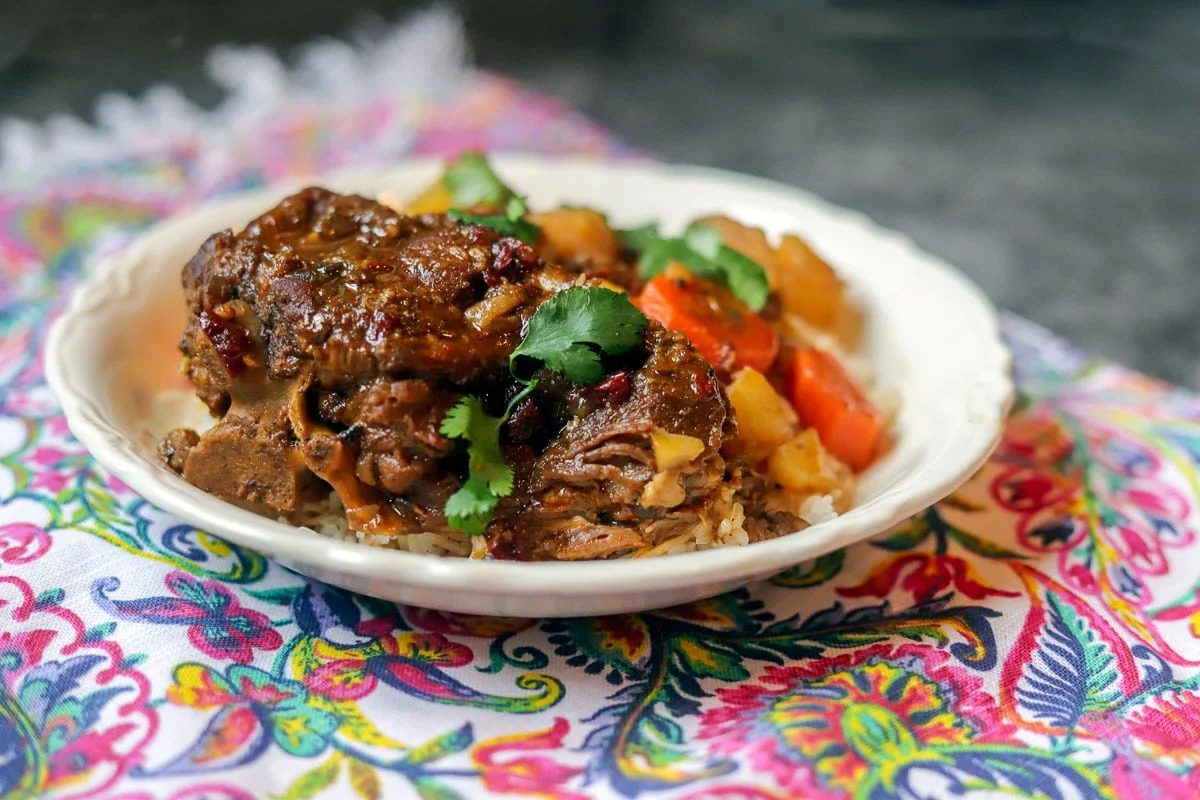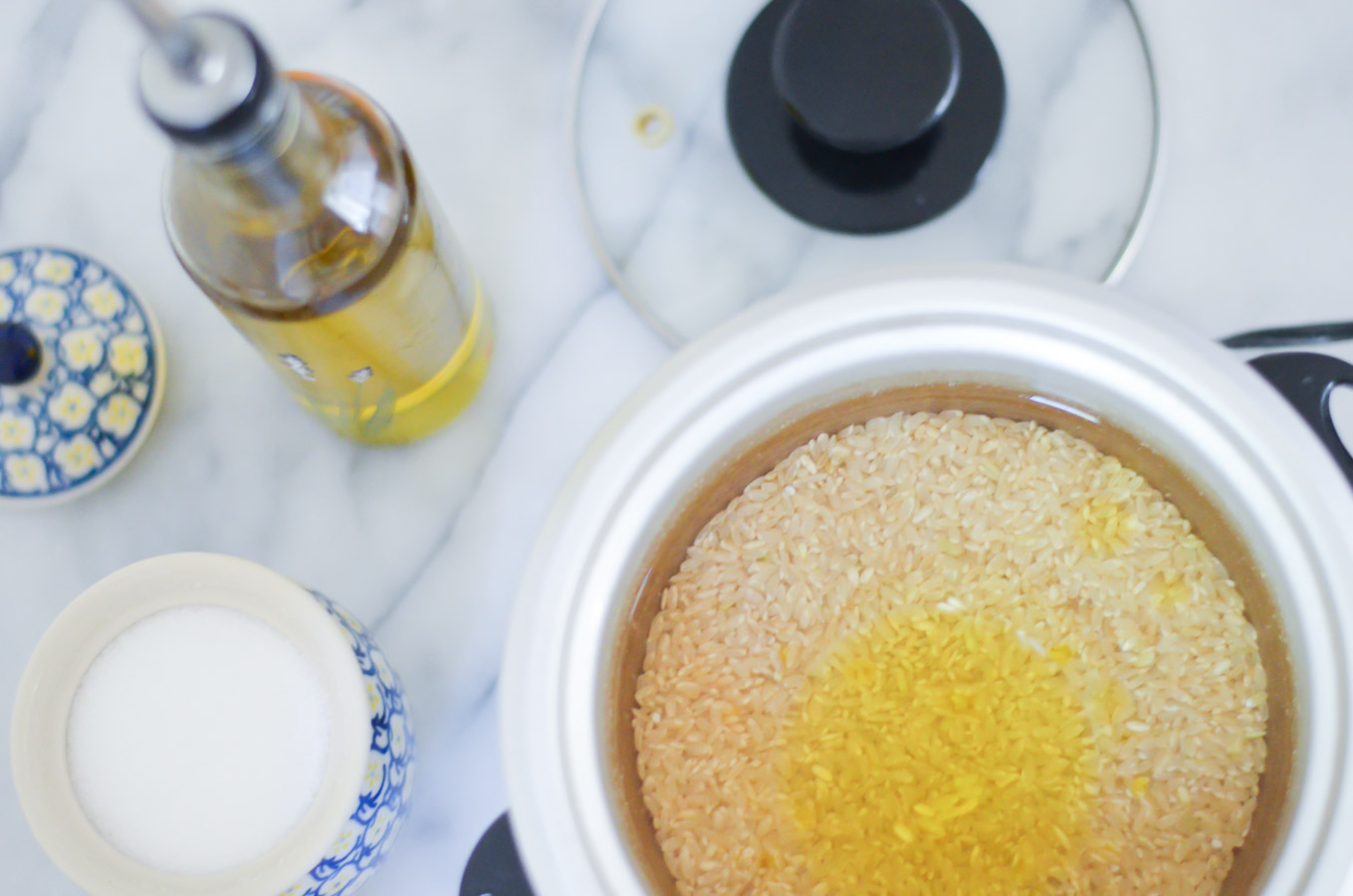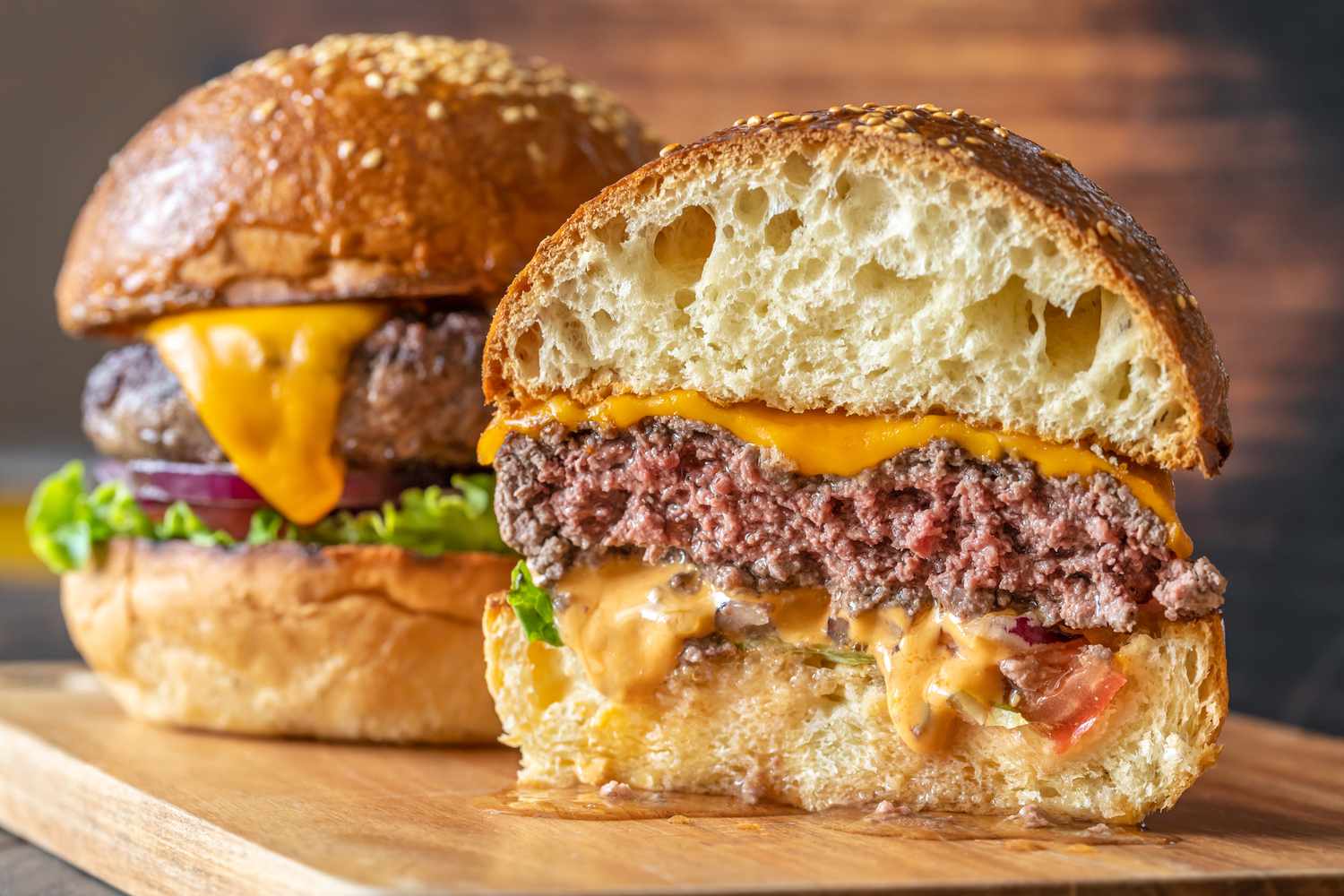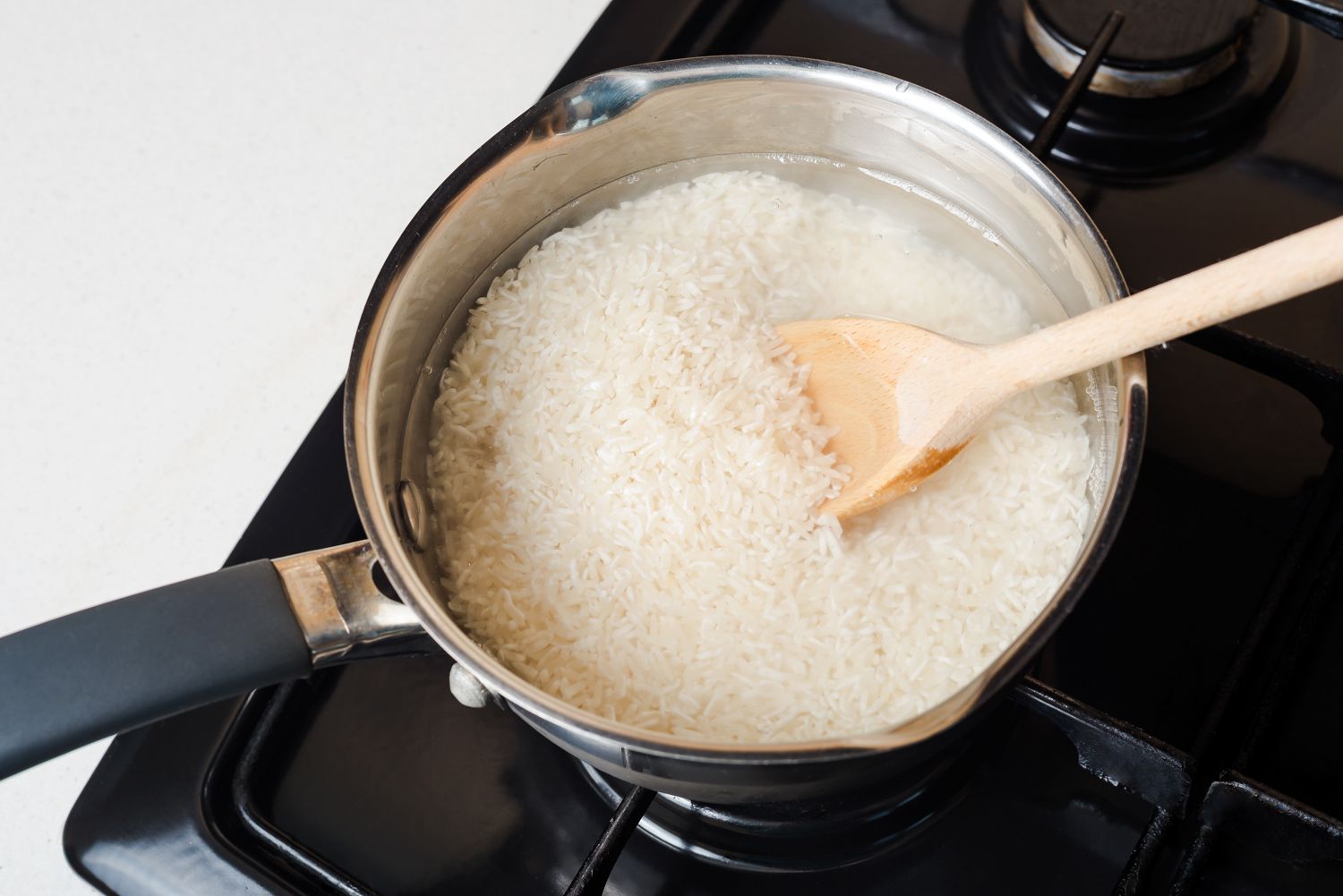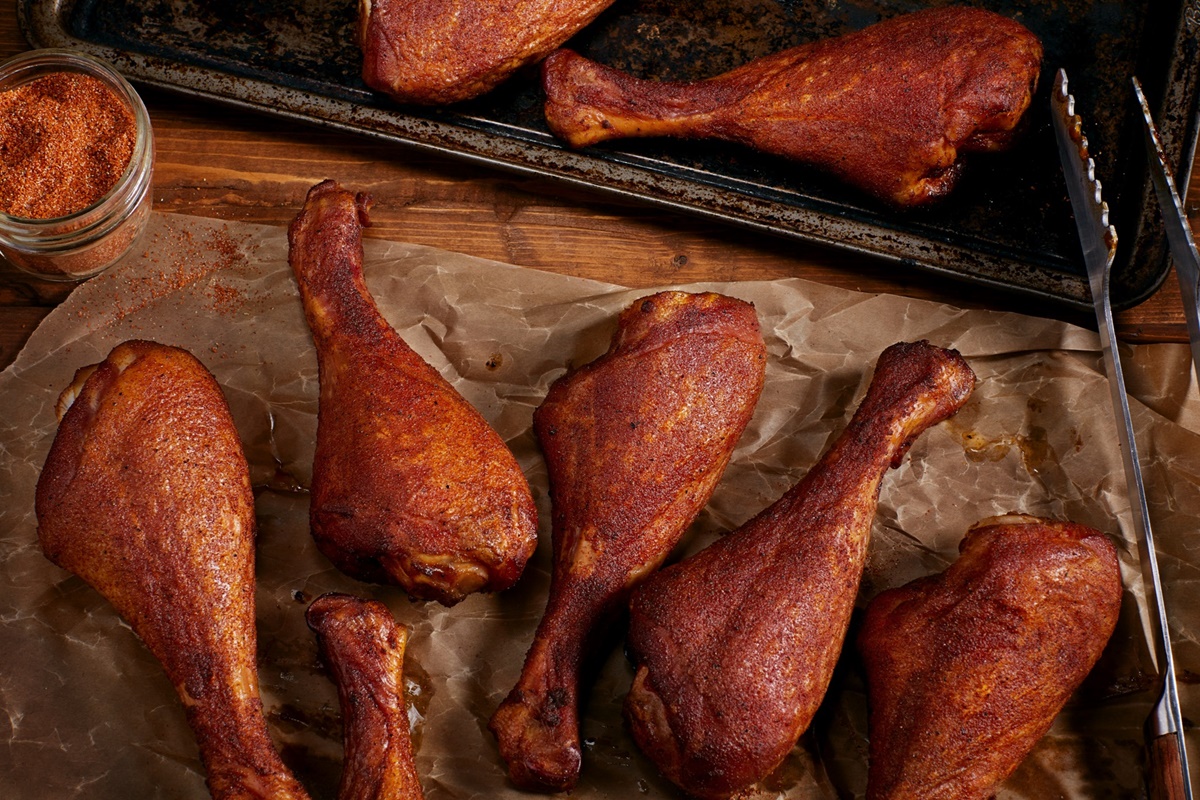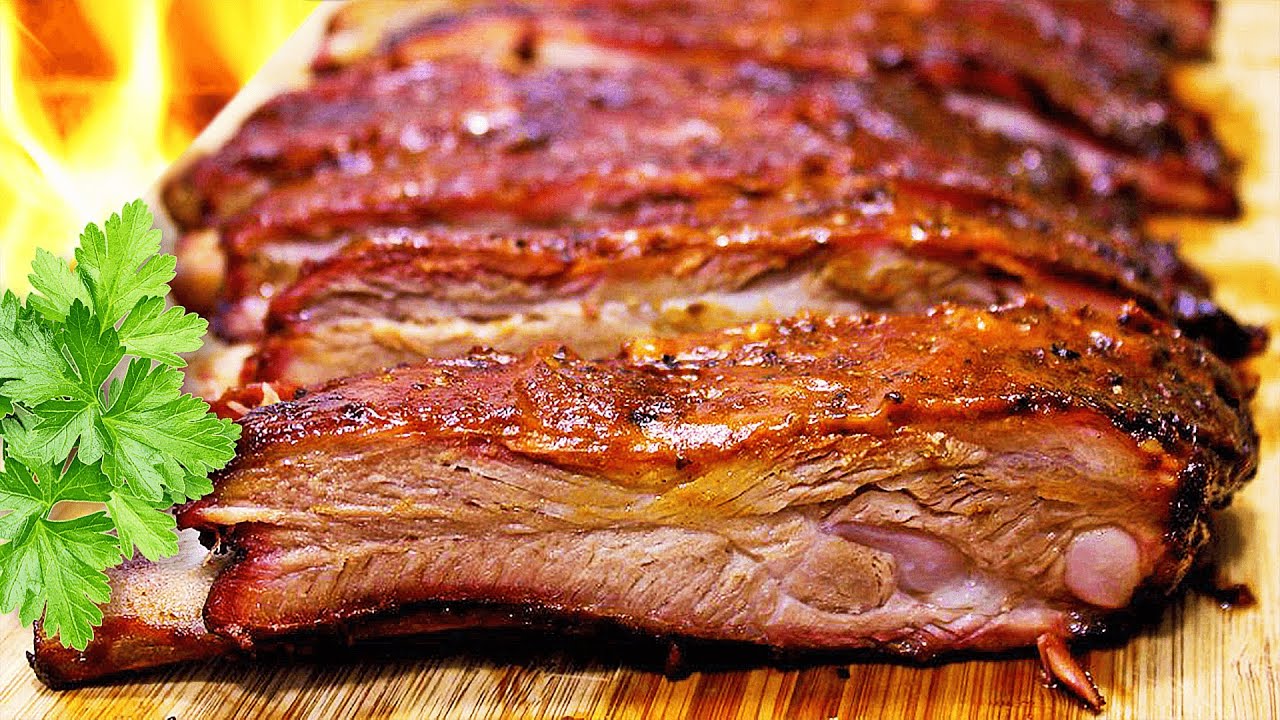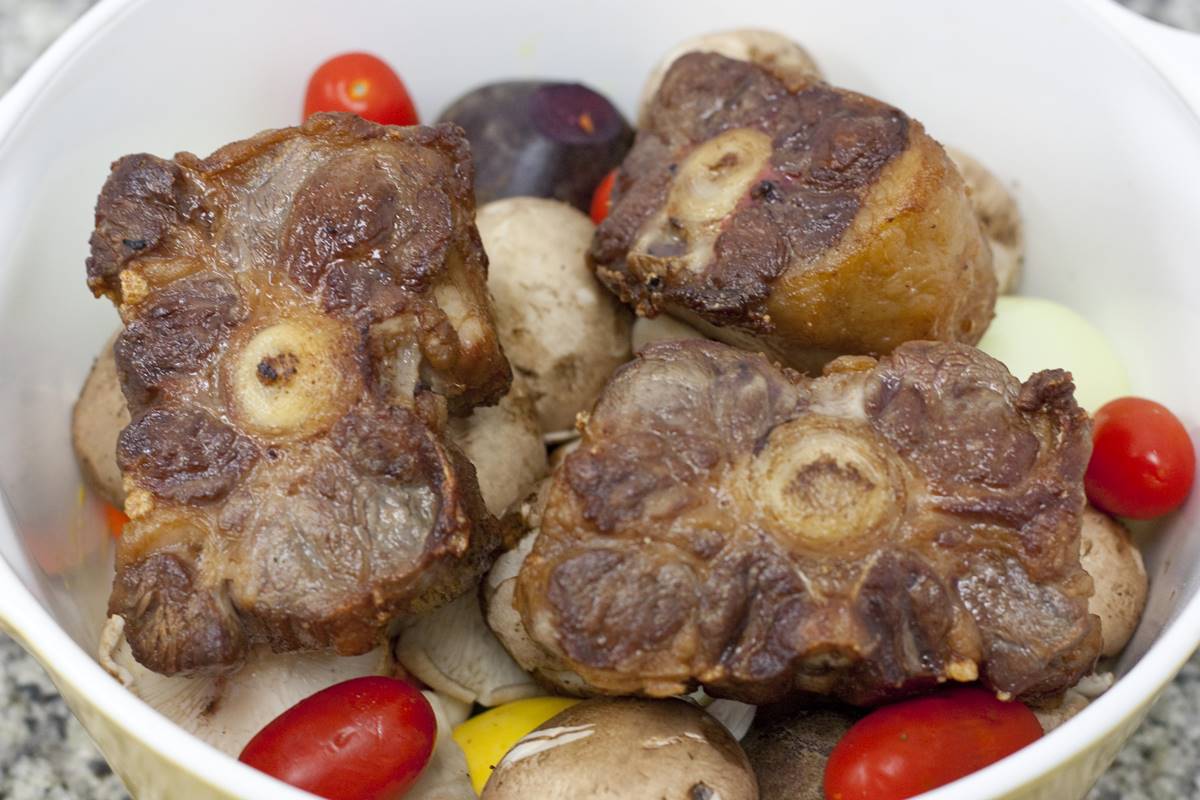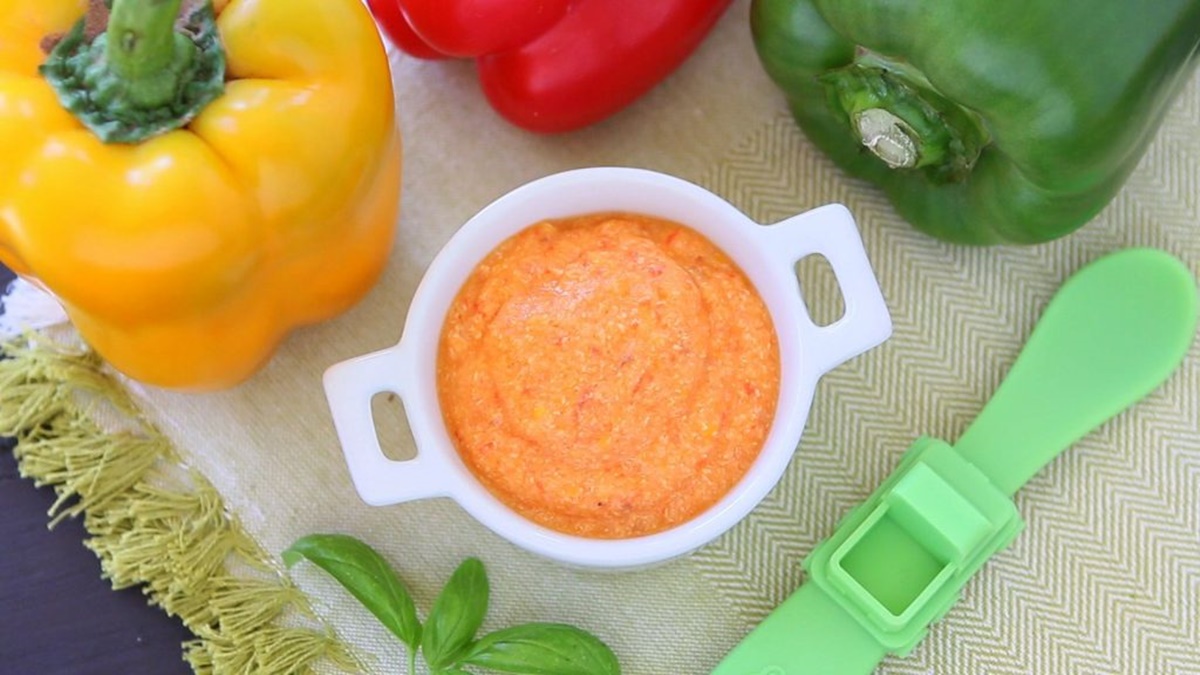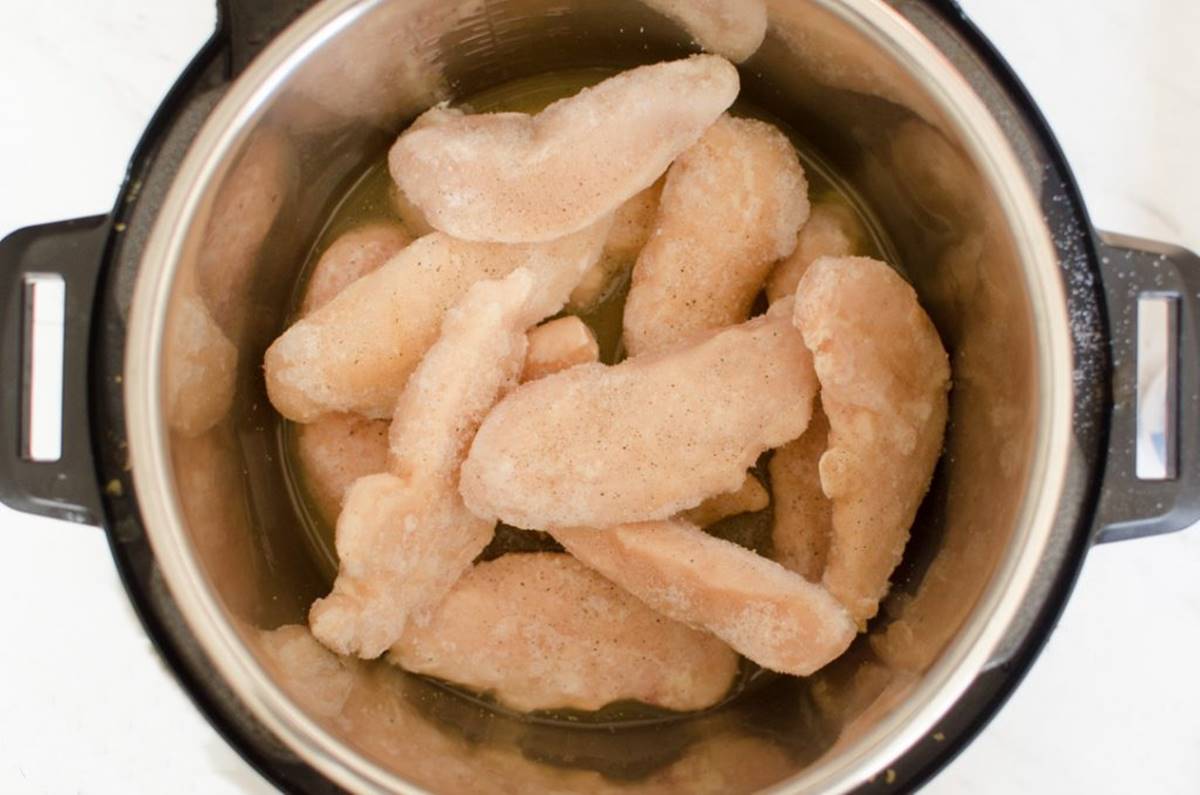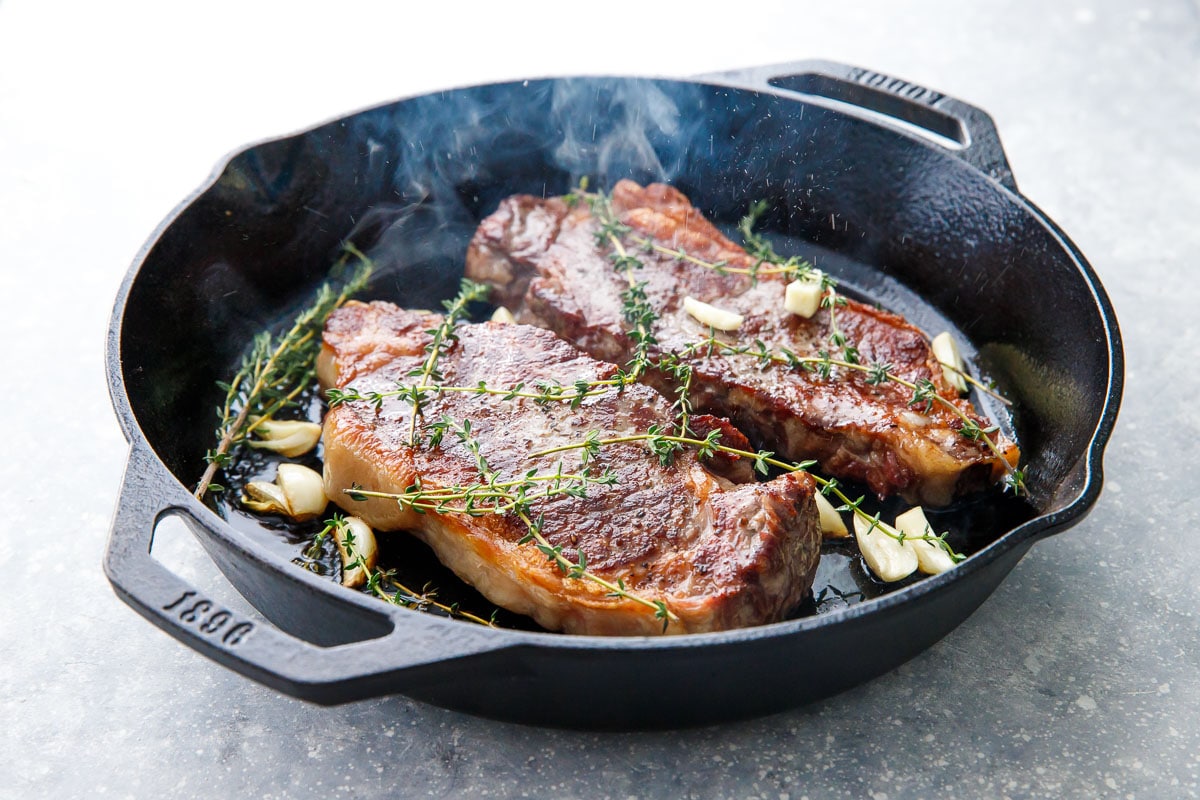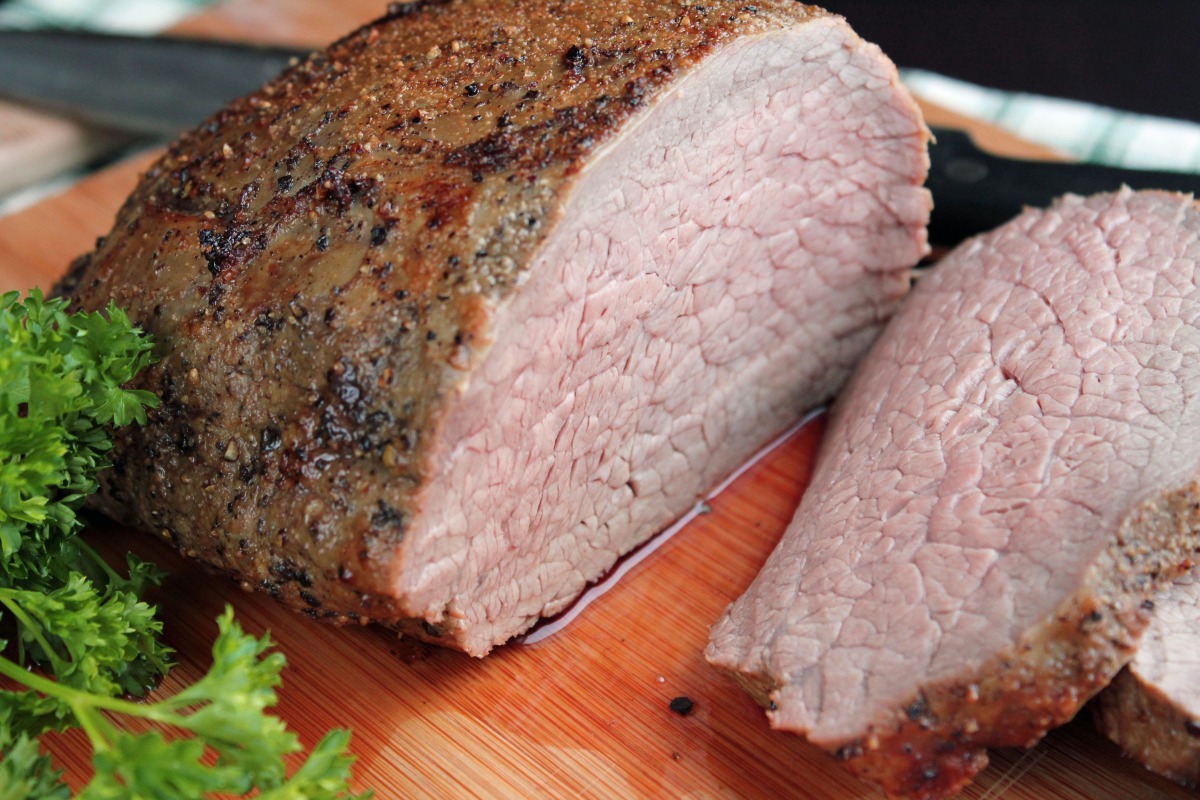Delicious and Nutritious: Cooking Rabbit for Your Canine Companion!
If you’re a dog owner who wants to provide your furry friend with a diverse and nutritious diet, consider cooking rabbit for them. Rabbit meat is a lean and protein-packed option that can be a tasty addition to your dog’s meals. In this article, we will explore the benefits of feeding your dog rabbit meat and provide you with simple and delicious recipes to try!
Why Choose Rabbit Meat?
Rabbit meat offers many benefits when it comes to canine nutrition:
- Lean Protein: Rabbit meat is low in fat and cholesterol, making it an excellent source of lean protein for your dog.
- Diverse Nutrients: Rabbit meat contains essential vitamins and minerals, including vitamin B12, iron, and zinc, which are vital for your dog’s overall health and well-being.
- Hypoallergenic Option: Rabbit meat is considered hypoallergenic, making it an ideal choice for dogs with food sensitivities or allergies.
- Sustainable Choice: Rabbit farming is a more environmentally-friendly alternative to traditional livestock farming, making it a sustainable option for conscientious pet owners.
Cooking Rabbit for Your Dog
Before cooking rabbit for your dog, it’s important to ensure it is sourced from a reputable supplier or butcher. Fresh, human-grade rabbit meat is the best option for your canine companion. Avoid using any store-bought rabbit meat that may contain additives or preservatives.
Recipe 1: Rabbit Stew
This hearty and nutritious rabbit stew will have your dog drooling:
- Ingredients:
- 1 pound of fresh rabbit meat, deboned and cubed
- 1 cup of vegetables (carrots, peas, sweet potatoes), chopped
- 2 cups of low-sodium chicken broth
- 1 tablespoon of olive oil
- Optional: a sprinkle of parsley for added freshness
- Instructions:
- Heat olive oil in a pot over medium heat and brown the rabbit meat cubes.
- Add the chopped vegetables and chicken broth to the pot.
- Simmer on low heat for 30-40 minutes until the rabbit meat is cooked through and the vegetables are tender.
- Allow the stew to cool before serving it to your dog. Bon appétit!
Recipe 2: Grilled Rabbit Jerky
Treat your dog to some homemade rabbit jerky – a perfect reward for good behavior:
- Ingredients:
- 1 pound of fresh rabbit meat, thinly sliced
- 2 tablespoons of low-sodium soy sauce
- 1 tablespoon of honey
- Optional: a pinch of garlic powder for added flavor
- Instructions:
- In a bowl, mix the soy sauce, honey, and garlic powder.
- Add the rabbit slices to the marinade, ensuring they are well-coated.
- Let the rabbit slices marinate in the refrigerator for at least 2 hours (or overnight, if possible).
- Preheat your grill to medium heat and lightly oil the grates.
- Grill the rabbit slices for 5-7 minutes on each side until they are cooked through and slightly crispy.
- Allow the jerky to cool completely before serving it to your dog. Enjoy!
Remember to consult with your veterinarian before introducing rabbit meat or any new food into your dog’s diet, especially if they have specific dietary requirements or health concerns.
Final Thoughts
Cooking rabbit for your dog can be a fantastic way to provide them with a diverse and nutritious diet. With its lean protein and essential nutrients, rabbit meat can offer various health benefits for your canine companion. Try out these delicious recipes, and see how much your dog enjoys their rabbit feast!
